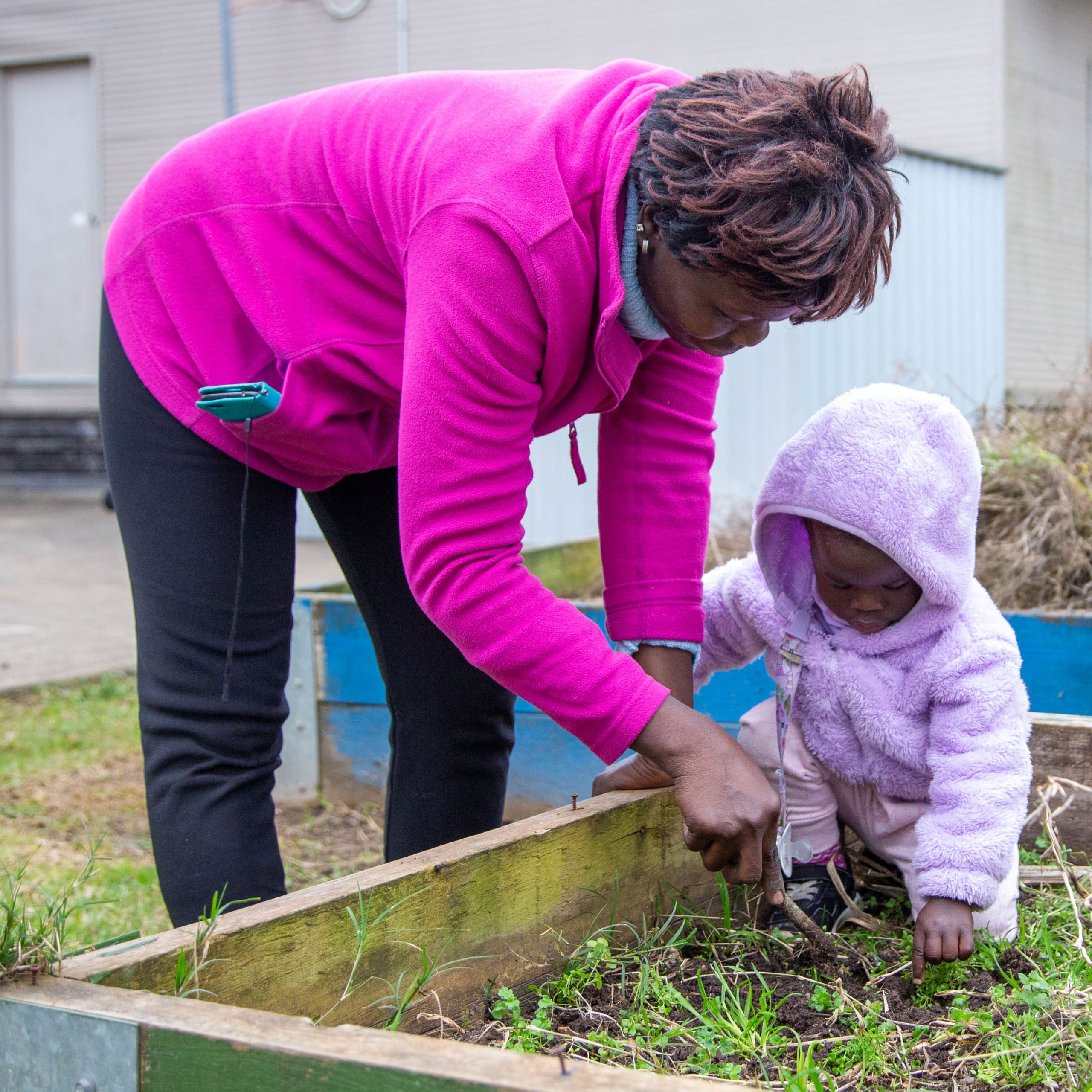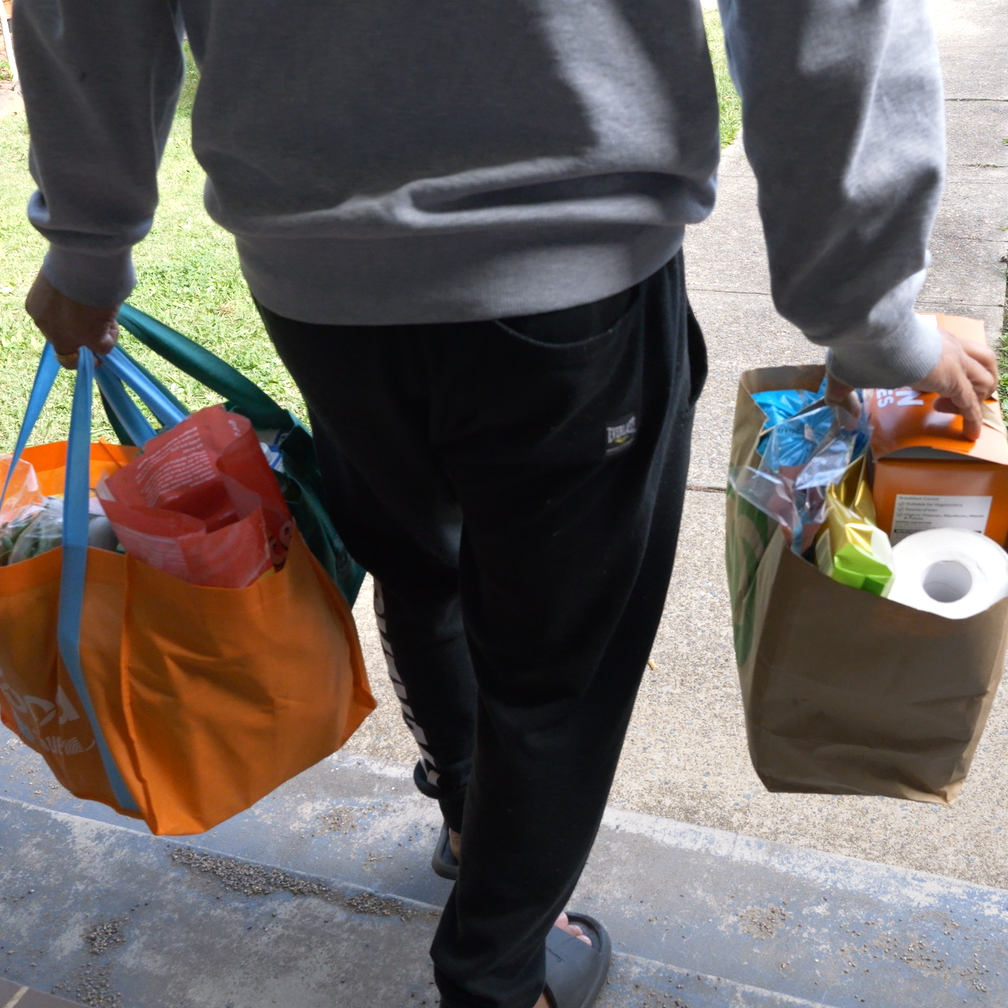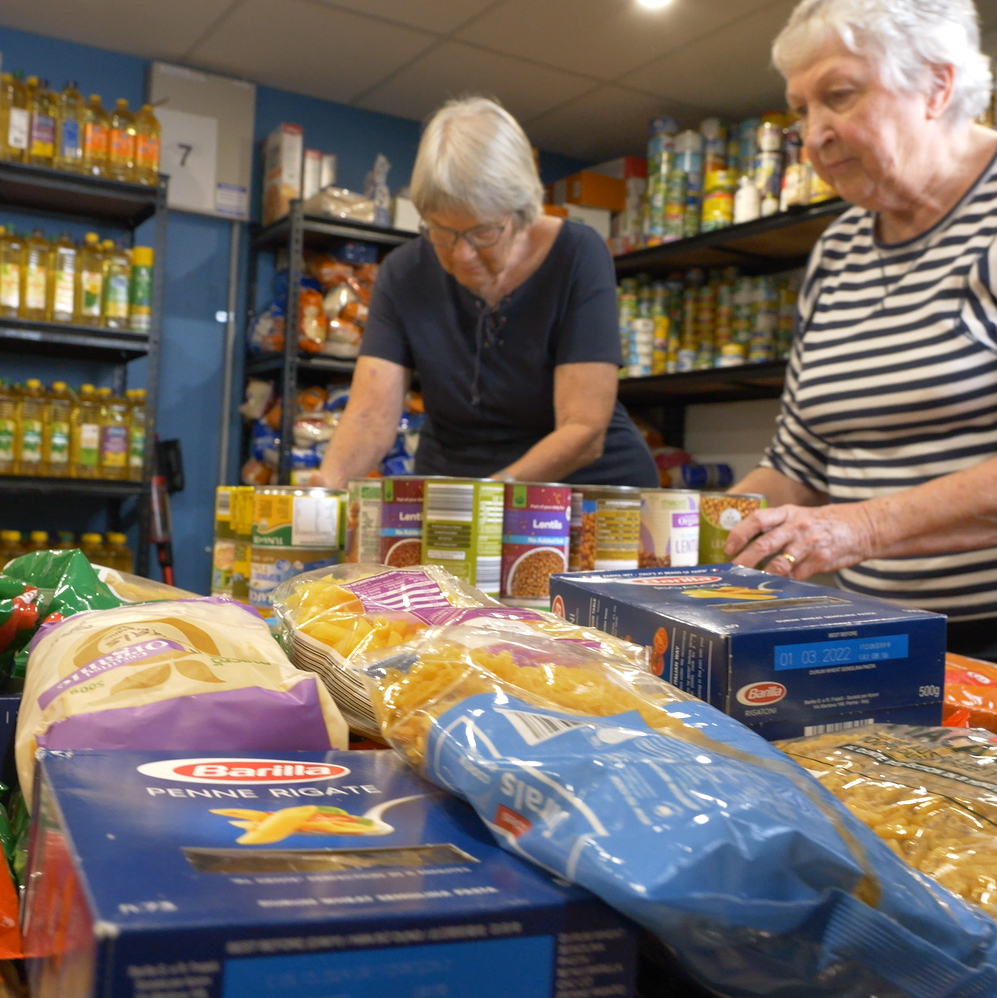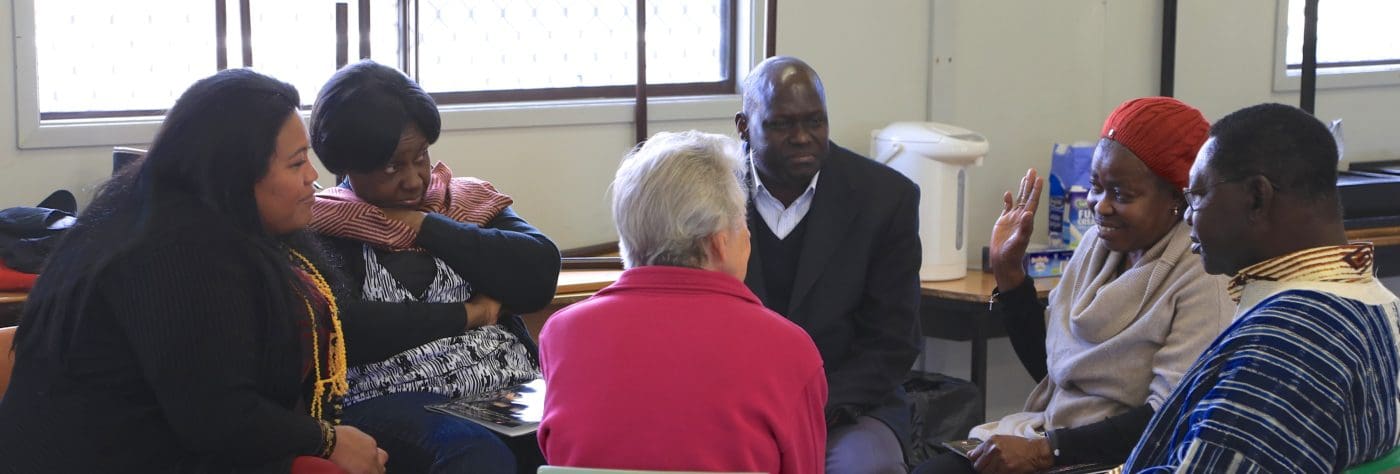If you are seeking assistance as an asylum seeker or refugee, the church is here to help you with various forms of support. We can provide financial aid, material assistance, and help finding employment opportunities. Many generous parishioners regularly contribute to collections and fundraising efforts that go towards different aspects of support, such as covering rent, utilities, or living expenses. Most parishes have a social justice committee to help newcomers in the local community. Should you need some help, please contact your local church or the services we have listed below:

Catholic Care: provides services such as settlement support, counselling, employment assistance, and programs to help you integrate into your new community and build a better future.

Community Migrant Resources Centre: support migrants and refugees in Western Sydney with services like settlement advice, English language classes, job training, and help with accessing essential community resources, all designed to help you successfully adapt to your new life in Australia.

The House of Welcome: provides vital support to migrants and refugees in Western Sydney, including emergency food and material aid, housing assistance, legal advice, and community programs, ensuring you have the help and resources you need as you start your life.

Jesuit Refugee Service: helps with housing, legal matters, education, and mental health services, ensuring you receive assistance in rebuilding your life in a new country.

St Vincent de Paul Society (Vinnies): offers assistance with accommodation, food, clothing, and financial aid, helping you meet immediate needs and access a basic standard of living.
Jesus tells us to love kindly by supporting the needy in our society.

